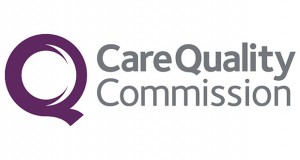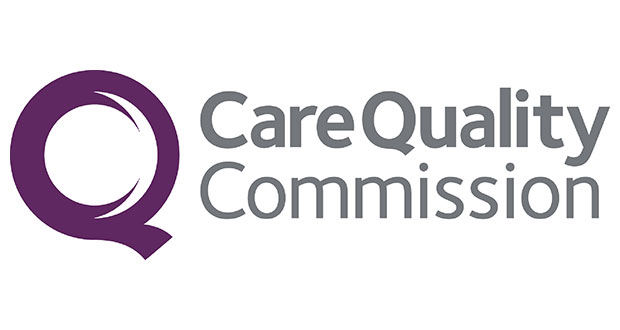Care Quality Commission Fees For 2019/20 Confirmed
 The Care Quality Commission (CQC) has confirmed what it will charge health and adult social care providers in England this year. The changes in CQC fees for 2019/20 will take effect from 1st April 2019.
The Care Quality Commission (CQC) has confirmed what it will charge health and adult social care providers in England this year. The changes in CQC fees for 2019/20 will take effect from 1st April 2019.
The confirmation follows public consultation on CQC’s proposals for the fees, which took place between 25th October 2018 and 17th January 2019..
This follows public consultation on our proposals for the fees, which took place between 25 October 2018 and 17 January 2019.
Following consideration of the consultation responses received, the main decisions made on our fees scheme for 2019/20 are as follows.
- We will increase fees for the community social care sector by £1.5 million as part of the final year of a four-year trajectory to full chargeable cost recovery.
- We will increase fees for the dental sector by £0.6 million to better align the cost of regulation with the fees collected.
- We will decrease fees for the residential social care sector by £0.8 million to better align the cost of regulation with the fees collected.
This scheme ensures we complete our trajectory to full cost recovery for all sectors, as required by HM Treasury. This means that our regulatory costs are paid for by provider fees, and no longer subsidised by grant-in-aid funding from the government.
Additionally, this scheme addresses fees for those sectors where we needed to balance fees recovered with the cost of regulating those sectors.
Find out about our fees scheme for 2019/20.
Ian Trenholm, Chief Executive at the Care Quality Commission (CQC) said:
“From 1st April 2019 we move to full recovery of our costs from providers. Our fees represent around 0.16% of the overall indicative turnover of the health and social care market and enable us to fulfil our purpose of making sure health and social care services provide people with safe, effective, compassionate and high-quality care.
“We will continue to make savings wherever possible, to look carefully at our operating costs, and make careful investments to offer a service which minimises the financial impact on providers.”






